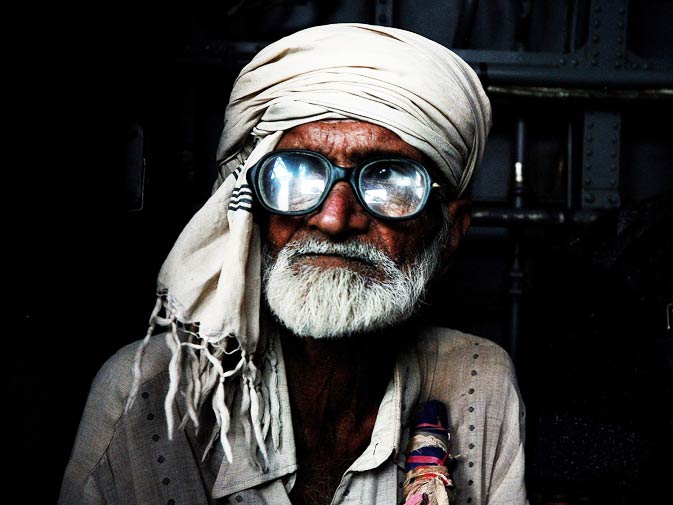
As per the proposal, the relief would be given to inmates who have crossed a certain age and are therefore unlikely to commit crimes. The proposal would be implemented after approval from the Sindh cabinet.
The decision is in line with the Sindh government's attempts for the implementation of human rights laws. For the purpose, the provincial government will consider the jail rules contained in the Jail Act of the British era.
Age discrimination: ‘Few care about elderly’
According to sources in the prisons department, there are at least seven elderly inmates in Sindh's jails, who have been afflicted with life-threating diseases. In order to release the elderly convicts, the prisons department has drafted a summary for which the final approval would be granted by the provincial cabinet.
The summary is expected to be presented in the next session of the Sindh Assembly, according to one prison official, who asked not to be named. The official added that a medical board would be constituted after the summary's approval and the Prisons IG would present a list of the inmates to the board.
The medical board, comprising senior officers of the health services directorate, would carry out an extensive medical examination of the inmates, after which the decision regarding their release would be made.
The official went on to explain that the step is in accordance with Section 146 of the Jail Manual, which states that elderly convicts affected with life-threatening diseases may be relieved from serving their remaining terms.
Potential for abuse?
The move, however, also raises questions about its abuse, resulting in relaxation for those convicted of serious crimes, including political prisoners as well those whose cases are still under trial.
According to legal experts, the Jail Act and Jail Rules date back to the British era and they have not been updated since. As per Section 146 of the Jail Manual, any inmate involved in serious crime and whose case is being heard at the court cannot be released. Moreover, those suffering from minor illnesses or convicted of serious crimes can also not avail this relaxation. The law is only applicable to specific prisoners and after looking into strict considerations.
However, as per Section 140 of the Jail Rules, the Prisons IG can refer the cases of life sentence inmates, who have already served 15 or more years.
Elderly man martyred in Indian firing along LoC
The decision to release, meanwhile, lies with the provincial government. The government, after reviewing the case, can decide to release the prisoners under Section 401 of the Code of Criminal Procedure (CrPC).
According to the section, the provincial government has the right to waive off or reduce the remaining sentences of such prisoners.
According to Sindh government spokesperson Barrister Murtaza Wahab, the implementation of jail manual does not facilitate any person or political figure, neither does it apply to any inmate whose case is being heard at the court. The relief is given as per the Constitution and law and is only applicable to elderly convicts purely on humanitarian grounds.
The step is being taken to relieve only the elderly convicts who have been afflicted with terminal illnesses, so that they can spend what remains of their lives with their families. The law allows room for such relief, said Wahab.
Published in The Express Tribune, November 1st, 2018.

1732184775-0/BeFunky-collage-(80)1732184775-0-165x106.webp)

1731933289-0/BeFunky-collage-(68)1731933289-0-165x106.webp)


1732179298-0/BeFunk_§_]__-(23)1732179298-0.jpg)

1732181665-0/Express-Tribune-(9)1732181665-0-270x192.webp)
1732178966-0/BeFunk_§_]__-(22)1732178966-0.jpg)
1732178488-0/Express-Tribune-(7)1732178488-0-270x192.webp)






COMMENTS
Comments are moderated and generally will be posted if they are on-topic and not abusive.
For more information, please see our Comments FAQ